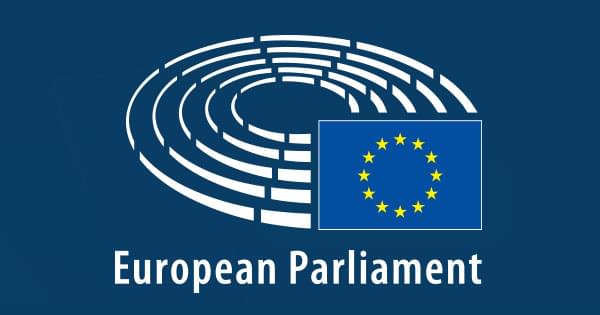BAKU, Azerbaijan, June 7. The European Parliament election is pivotal in shaping EU policy, offering citizens of member states a chance to impact legislative processes. This year's election carries heightened significance amid shifts in support for center-right parties and the repercussions of Emmanuel Macron's policy.
Traditionally, center-right parties, notably the European People's Party (EPP), have held strong positions in the European Parliament. However, the rising influence of populist and far-right parties in European politics has eroded the dominance of center-right parties in recent years. This trend reflects voter discontent with traditional parties and a quest for more radical approaches to socio-economic challenges.
Populist and far-right parties garnered attention by addressing concerns about migration, economic instability, and European integration. This shift adversely impacted the election outcomes for the EPP and other center-right parties, resulting in a decrease in their parliamentary representation.
Emmanuel Macron's policy during his presidency, both in France and Europe, has sparked controversy. His reform agenda, aimed at liberalizing the economy and advancing European integration, has elicited dissatisfaction among various segments of the population.
Macron's economic initiatives primarily focused on labor market liberalization, tax reforms, and restructuring the public sector. These policies generated discontent, particularly among workers and the middle class, sparking protests, notably by the yellow vest movement. Consequently, Macron's support waned, weakening his party (La République En Marche) in the European Parliament election.
Macron's ambition to enhance European integration and elevate the EU's global influence faced resistance from certain member states and voters. Proposals such as establishing a European army and bolstering economic coordination raised concerns over sovereignty issues.
The ramifications of Macron's policy and the declining strength of center-right parties will be apparent in the outcomes of the European Parliament election. The surge of populist and far-right parties in this election could precipitate significant shifts in future EU policy. These parties are likely to advocate for curtailing EU superpower aspirations, reinforcing national sovereignty, and tightening migration policy.
Against the backdrop of the impacts of Emmanuel Macron's policy and the diminishing influence of center-right parties, the European Parliament election assumes heightened significance. Macron's reforms and pursuit of European integration have stirred discontent among various population segments, leading to the erosion of support for his party. This election will chart the course of EU policy ahead, potentially amplifying the influence of populist and far-right factions.
Stay up-to-date with more news at Trend News Agency's WhatsApp channel







